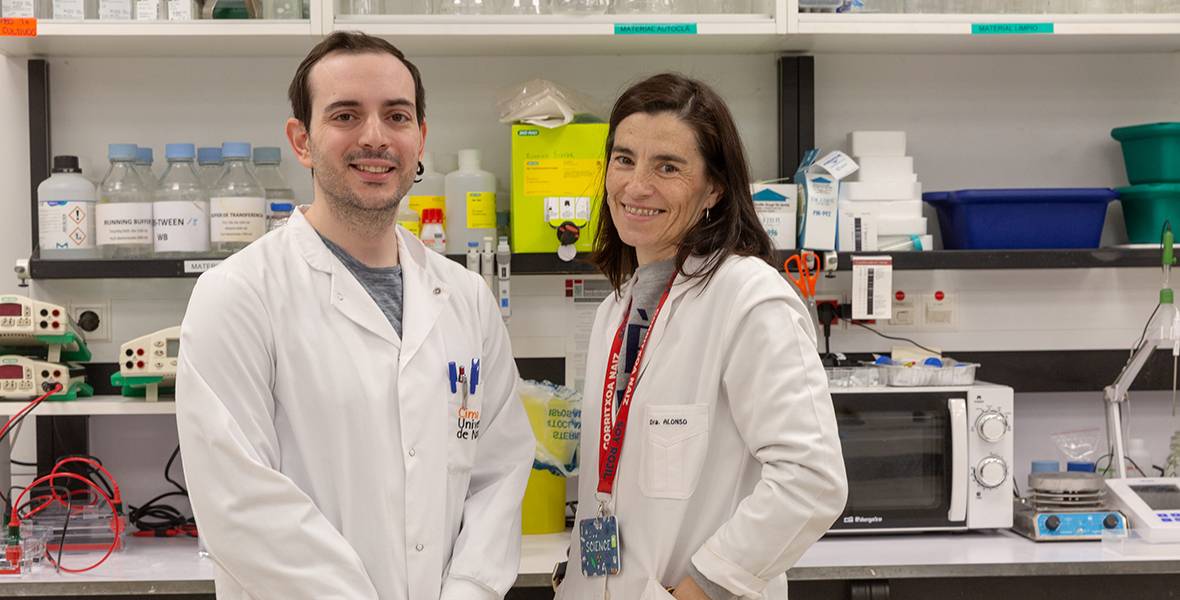Preclinical study improves treatment for most aggressive pediatric brain tumors
Researchers at Cima University of Navarra have found that the combination of two already known drugs paves the way for potential clinical trials to combat diffuse midline gliomas and high-grade gliomas in pediatric patients

April 24, 2024
Childhood cancers primarily affect children between 0 and 14 years old and have the unique characteristic - unlike in adults - of being tumors that cannot be prevented or detected early.
A study conducted at Cima University of Navarra and within the Cancer Center Clínica Universidad de Navarra has revealed that the combination of two experimental drugs, Delta-24-RGD and ONC201, enhances the treatment of the most aggressive pediatric brain tumors known as pediatric high-grade gliomas (pHGG) and diffuse midline gliomas (DMG).
The research focused on these two specific pharmacological compounds because they are the most advanced in clinical development for this type of tumors. On one hand, the oncolytic virus that targets cancer cells, Delta-24-RGD, showed positive results in a clinical trial at Clínica Universidad de Navarra, and on the other hand, the drug ONC201 is in phase 3 trial development.
"In this study, we have demonstrated that the combination of both therapeutic strategies leads to better responses in in vitro and in vivo disease models, enhancing an anti-tumor immune response," says Daniel De la Nava, a predoctoral researcher at Cima and the study's first author.
The work, published in the journal Neuro-Oncology, confirms that their combined administration is more effective in destroying tumor cells than either of them alone. "Both retain their properties when administered and cause greater damage to the cancer cells' DNA, as well as induce a change in the tumor microenvironment that triggers an inflammatory reaction, characteristic of immune system cell activation," states Dr. Marta Alonso, the study's lead researcher and director of the Advanced Therapies for Pediatric Solid Tumors group at Cima.
"This combined treatment could be promising as a research avenue in future clinical trials for pediatric patients with high-grade pediatric gliomas and diffuse midline gliomas, regardless of the tumor's location or mutational status," highlights the first author, Daniel de la Nava.
This research was carried out by a team of scientists who received funding from the European Research Council, Government of Navarra, Ministry of Universities of the Government of Spain, Carlos III Health Institute, and non-profit entities such as ChadTough DIPG, Spanish Association Against Cancer, LaCaixa/Caja Navarra Foundation, Vicky's Dream Foundation, ADEY Foundation, and ACS Foundation, among others.